10L Pressure Cooker Used To Blast Kanpur Rail Tracks On ISI Orders: Cops
Fri 20 Jan 2017, 09:00:46

LUCKNOW: One of the three men arrested in the case involving a train accident in Kanpur in November -- giving rise to suspicions about the involvement of Pakistan's Intelligence agency ISI -- has confessed to causing the accident by setting off a blast on the tracks. The Uttar Pradesh Anti-Terror Squad, or ATS, which is investigating the case, today said Motilal Paswan has confessed to filling a pressure cooker with explosives and planting it on the tracks. Fourteen coaches of the Indore-Patna Express rolled off the tracks around 100 km from Kanpur, killing 150 people.
The 10-litre pressure cooker, Motilal Paswan reportedly said, had been made into an Improvised Explosive Device or IED. After the accident on November 20, the authorities suspected that a fault in the tracks had caused it.
The men, Moti Paswan, Uma Shankar Patel and Mukesh Yadav, were arrested earlier this week in a murder case from Bihar's East Champaran district. The police said during questioning, they said they had targeted the Indian Railways on the behest of ISI.
The
ATS said they will conduct fresh forensic examination on both sites.
ATS said they will conduct fresh forensic examination on both sites.
Motilal Paswan, the ATS said, also claimed that they had caused another accident on December 28 in Kanpur Dehat. Seven people were involved in the operation and the mastermind was one Brij Kishore Giri, who has recently been arrested by the Nepal police and is currently admitted in a hospital. The ATS said they were verifying the statement.
The man who engineered the accident, at a cost of around Rs. 25 lakh, is one Shamsul Hoda, who has links with the ISI and lives in Delhi, the ATS said. On his orders, Brajkishore Giri and a few others had planted the IEDs on the tracks of the Indore-Patna Express, the police said. The arrested men alleged that Brajkishore Giri had paid them.
Police said the two men they killed on the orders of Shamsul Hoda were being punished for allegedly bungling the operation. They had failed to trigger the bombs on railway tracks in Champaran near the Nepal border, and backed out at the last minute when a passenger train was passing.
No Comments For This Post, Be first to write a Comment.
Most viewed from National
Most viewed from World
AIMIM News
Latest Urdu News
Most Viewed
May 26, 2020
Do you think Canada-India relations will improve under New PM Mark Carney?
Latest Videos View All
Like Us
Home
About Us
Advertise With Us
All Polls
Epaper Archives
Privacy Policy
Contact Us
Download Etemaad App
© 2025 Etemaad Daily News, All Rights Reserved.


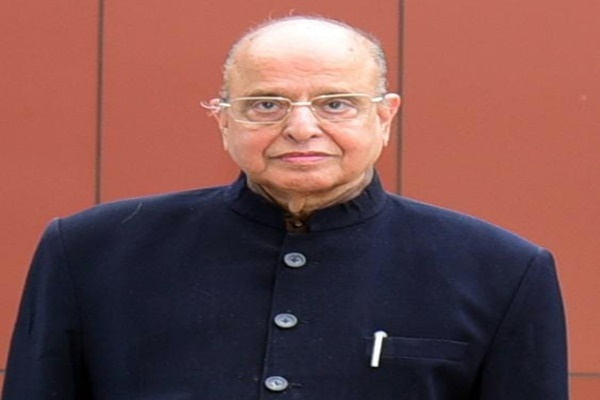
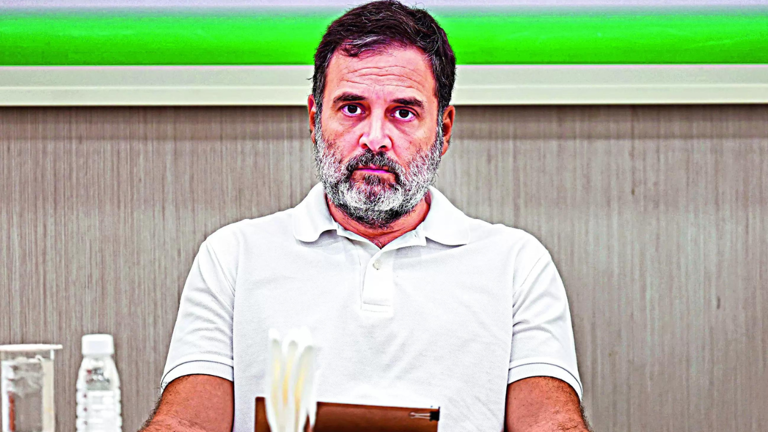
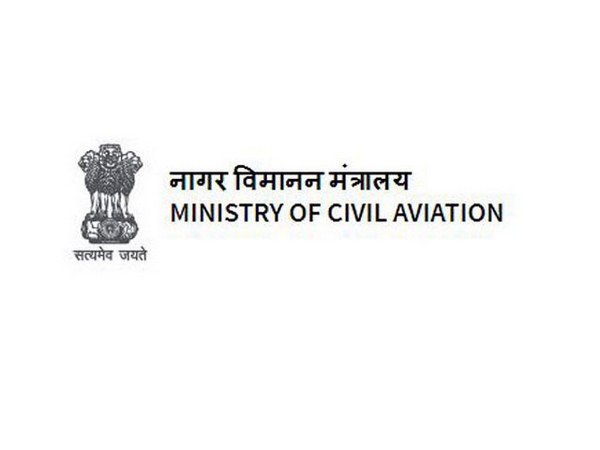
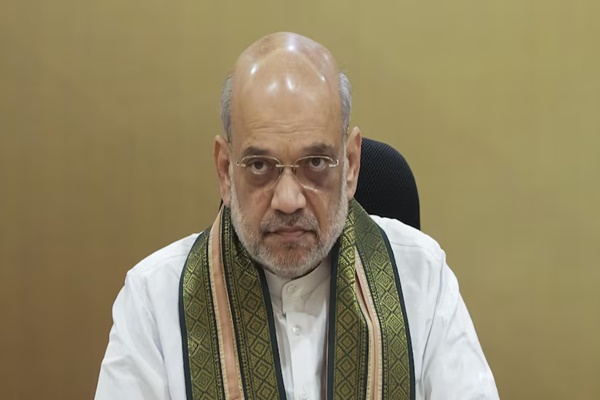
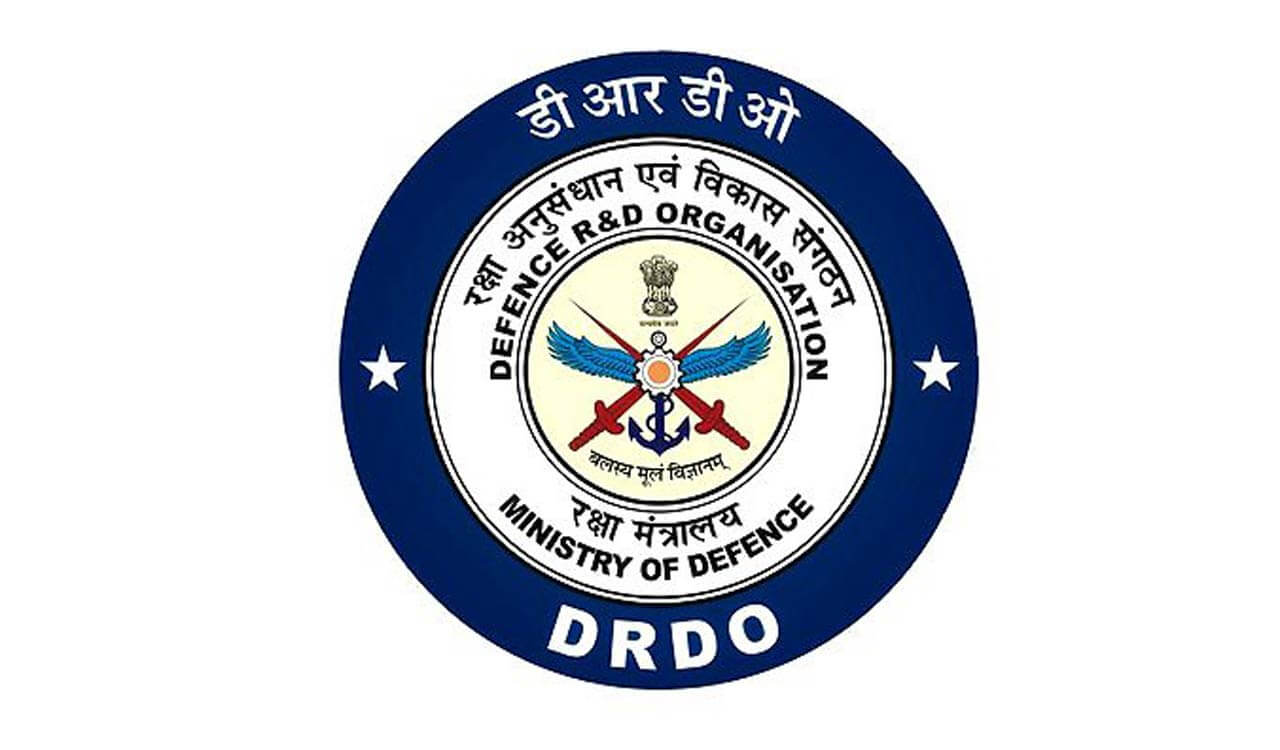
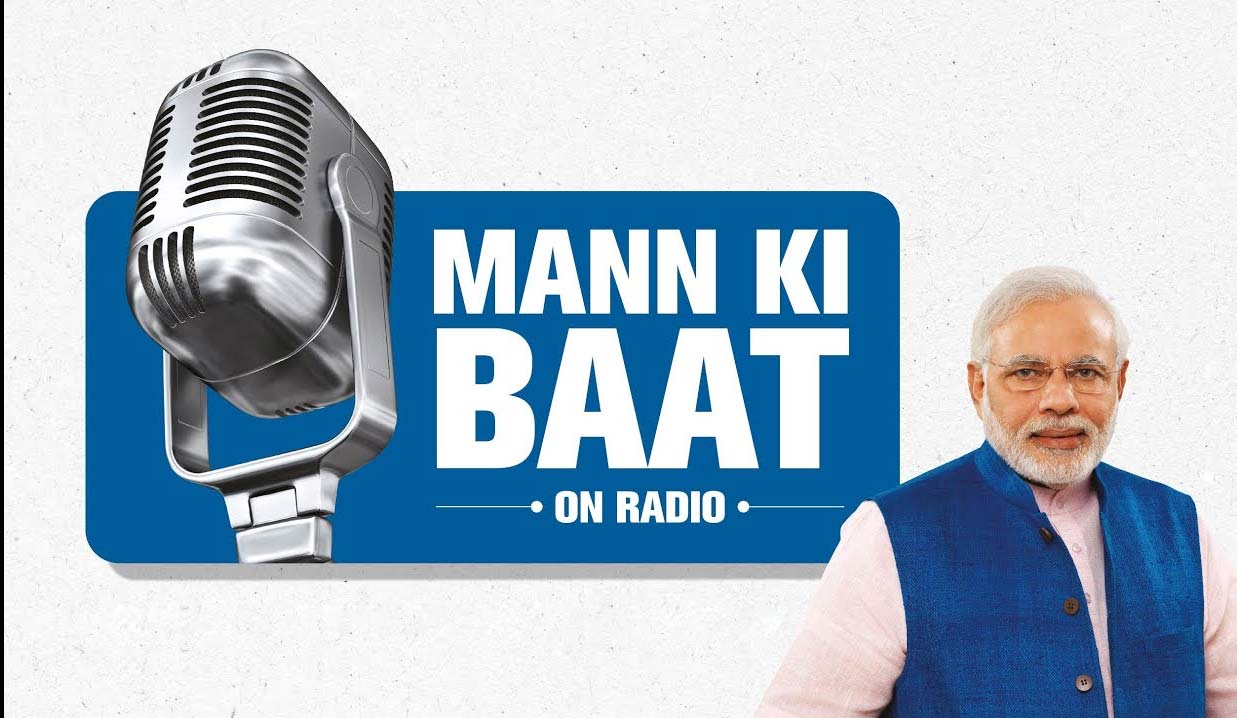
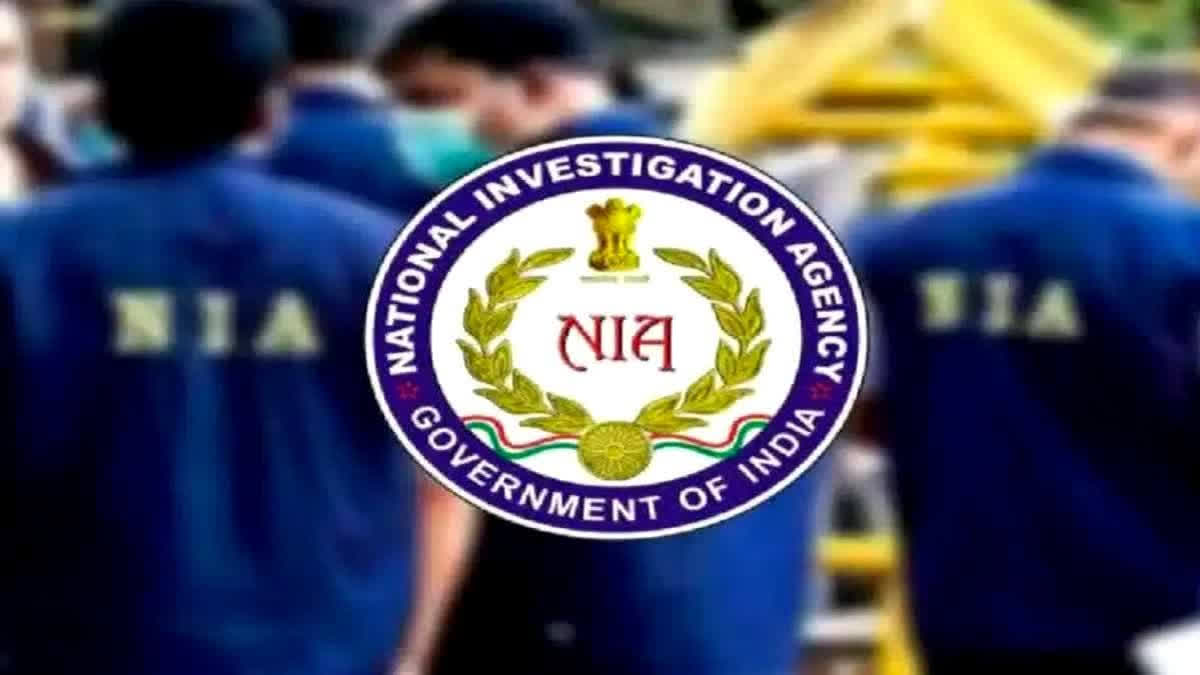
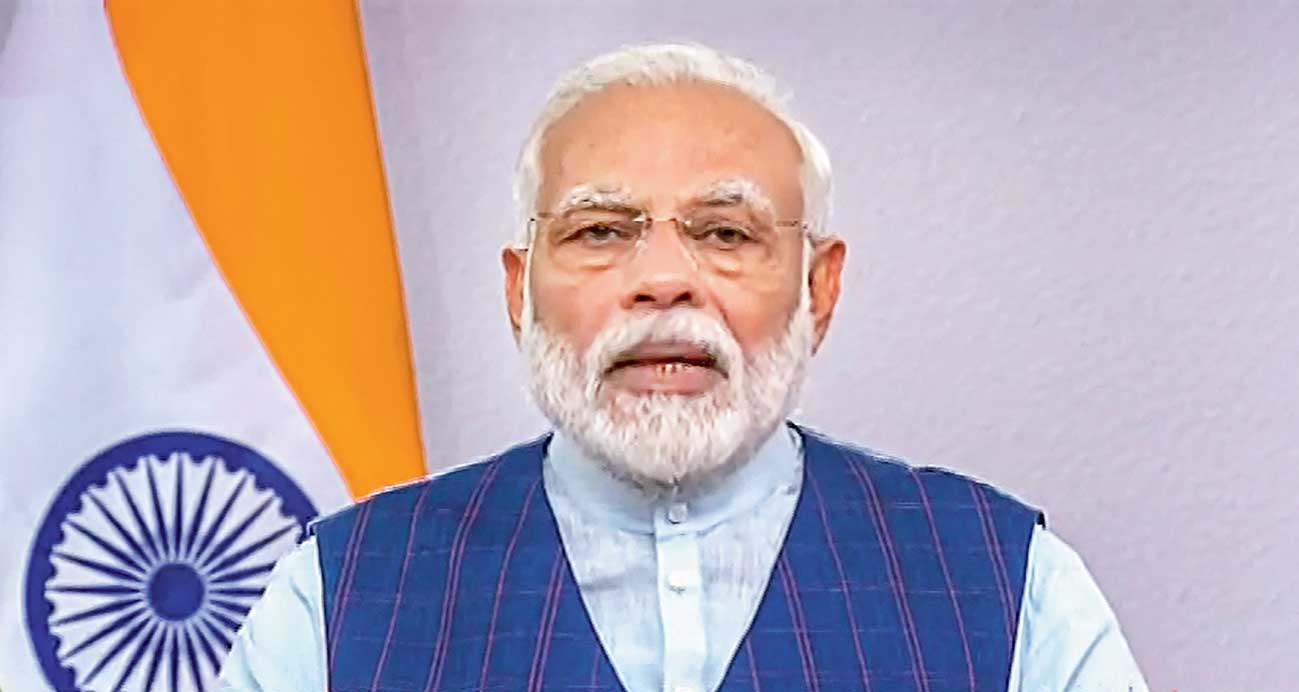
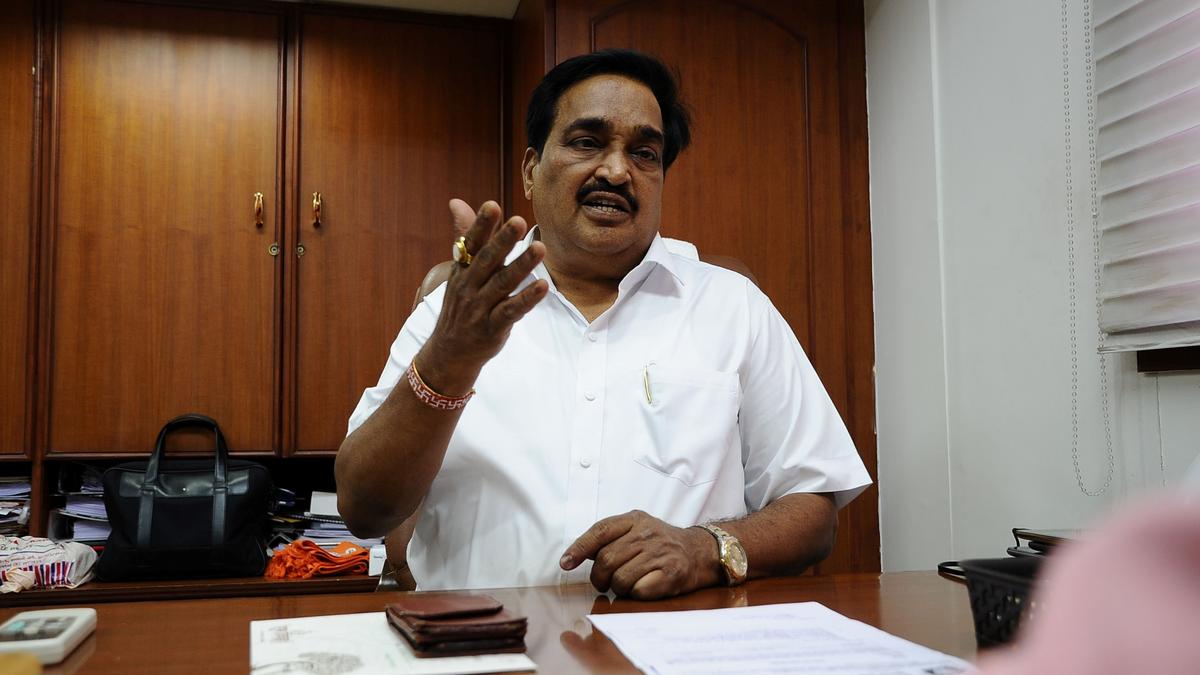
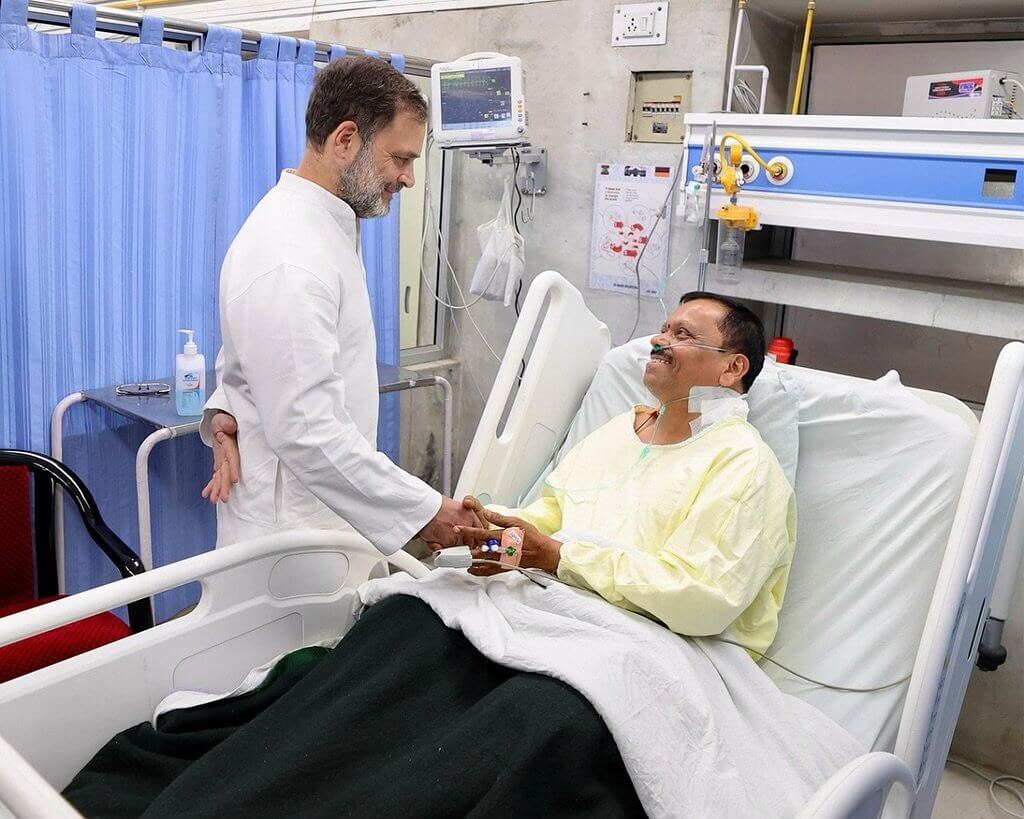
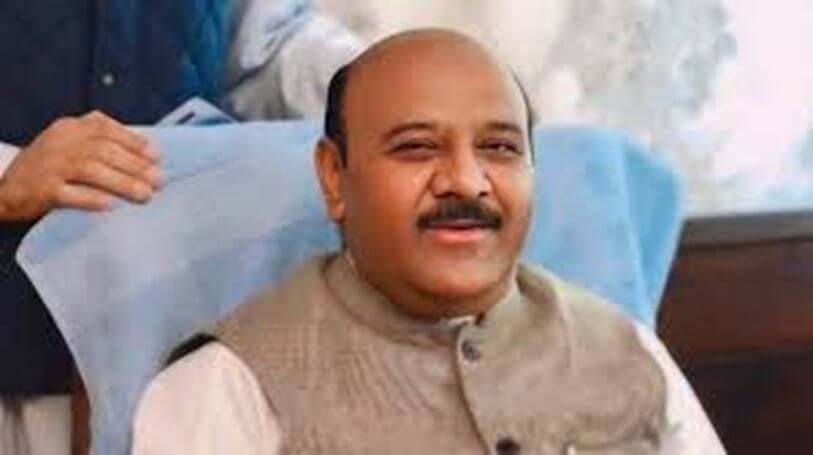
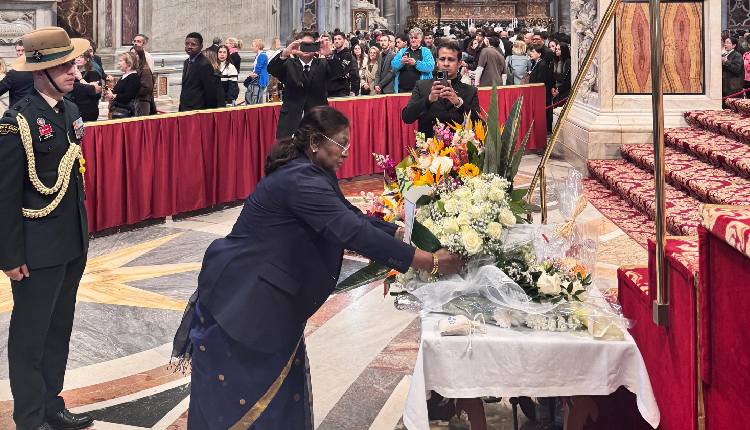

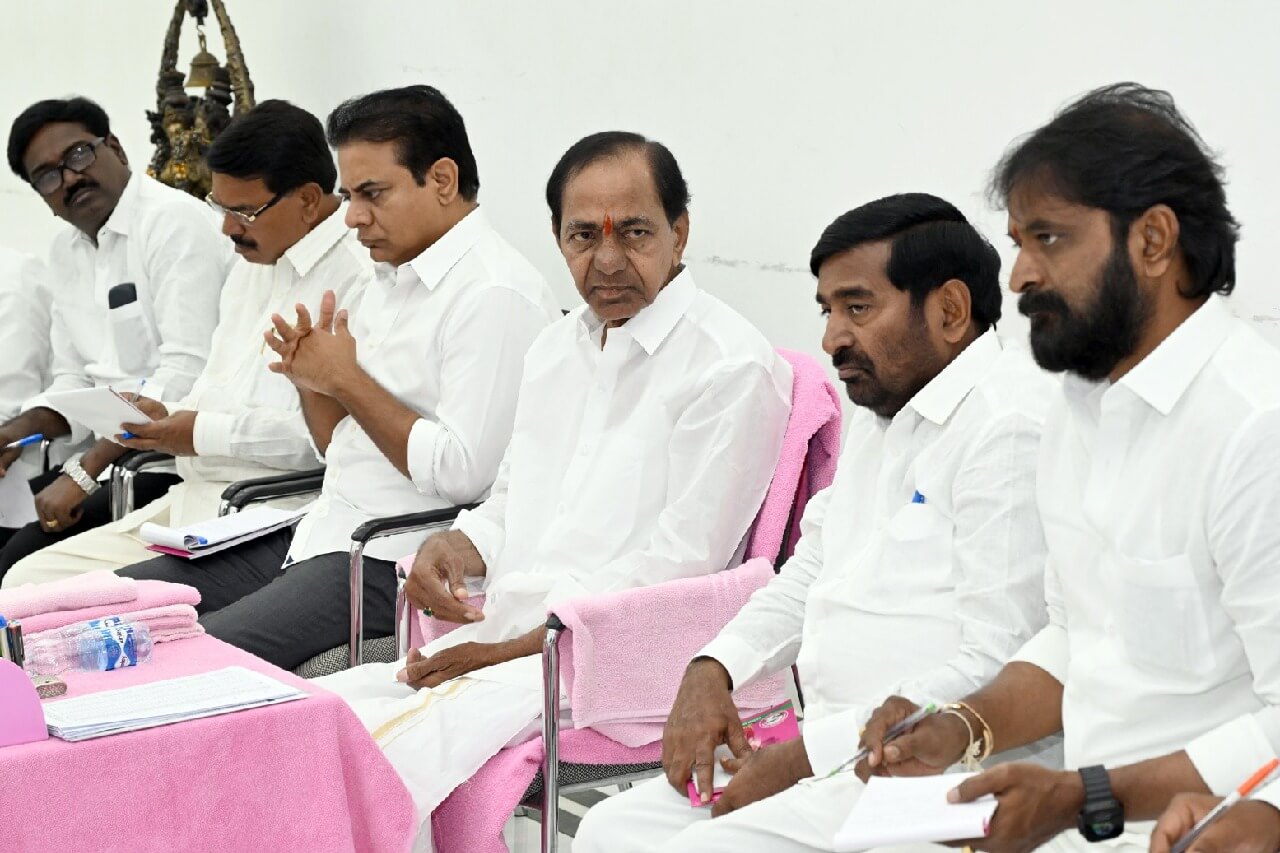
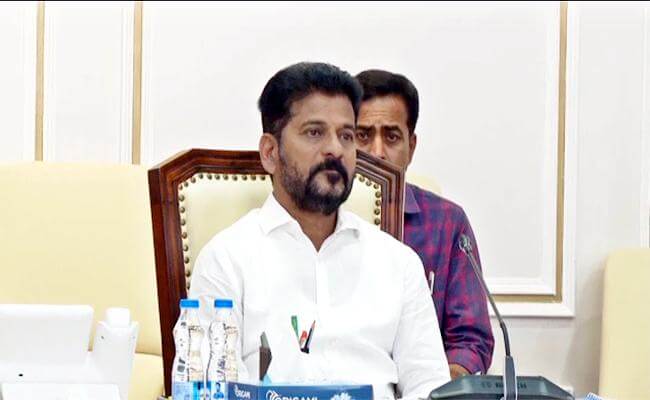

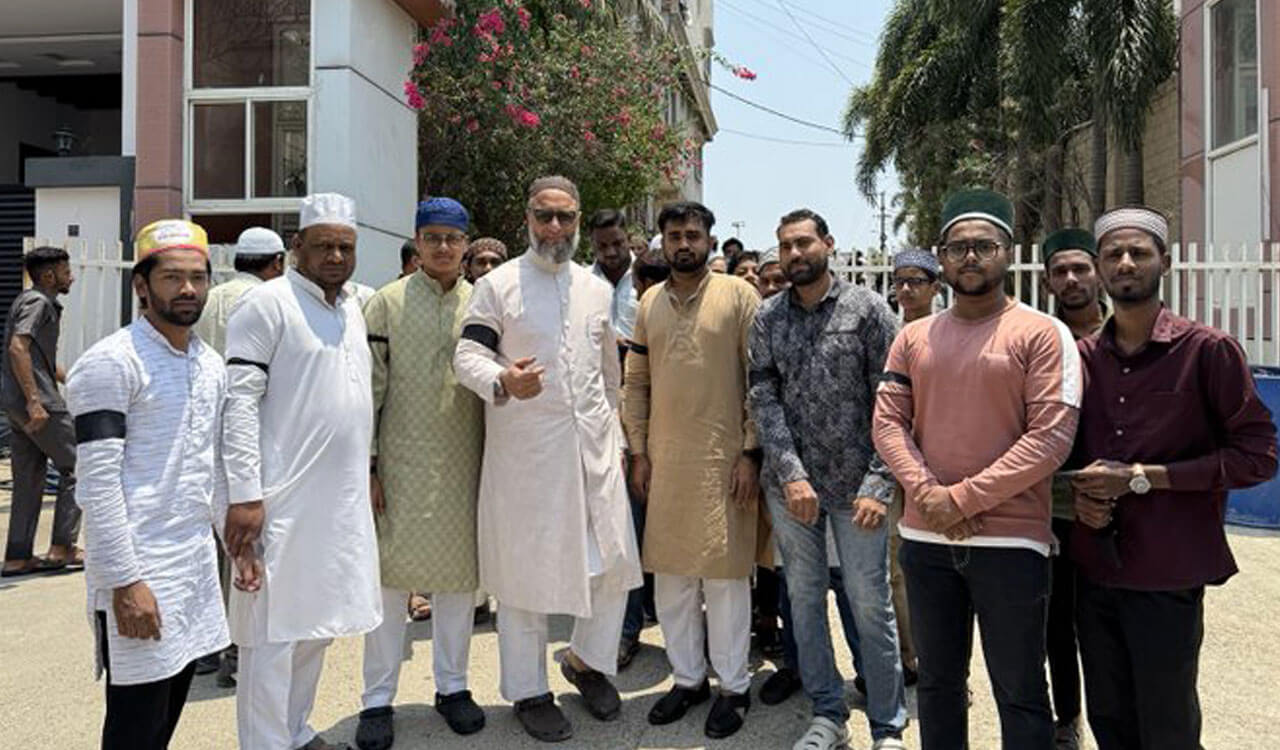
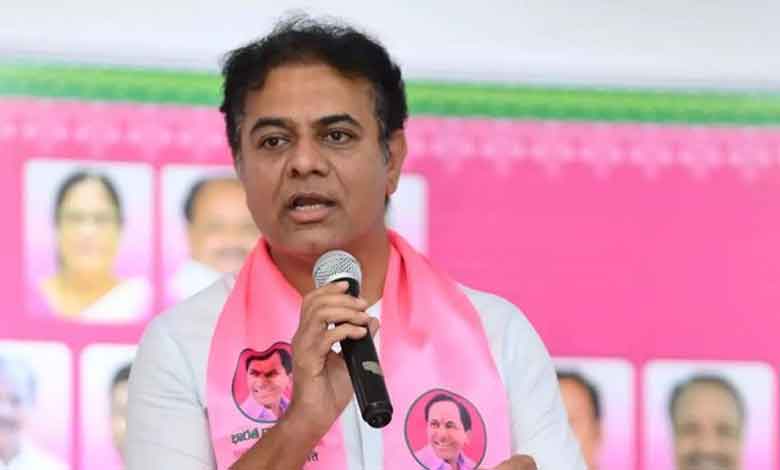


.jpg)
.jpg)
.jpg)

















